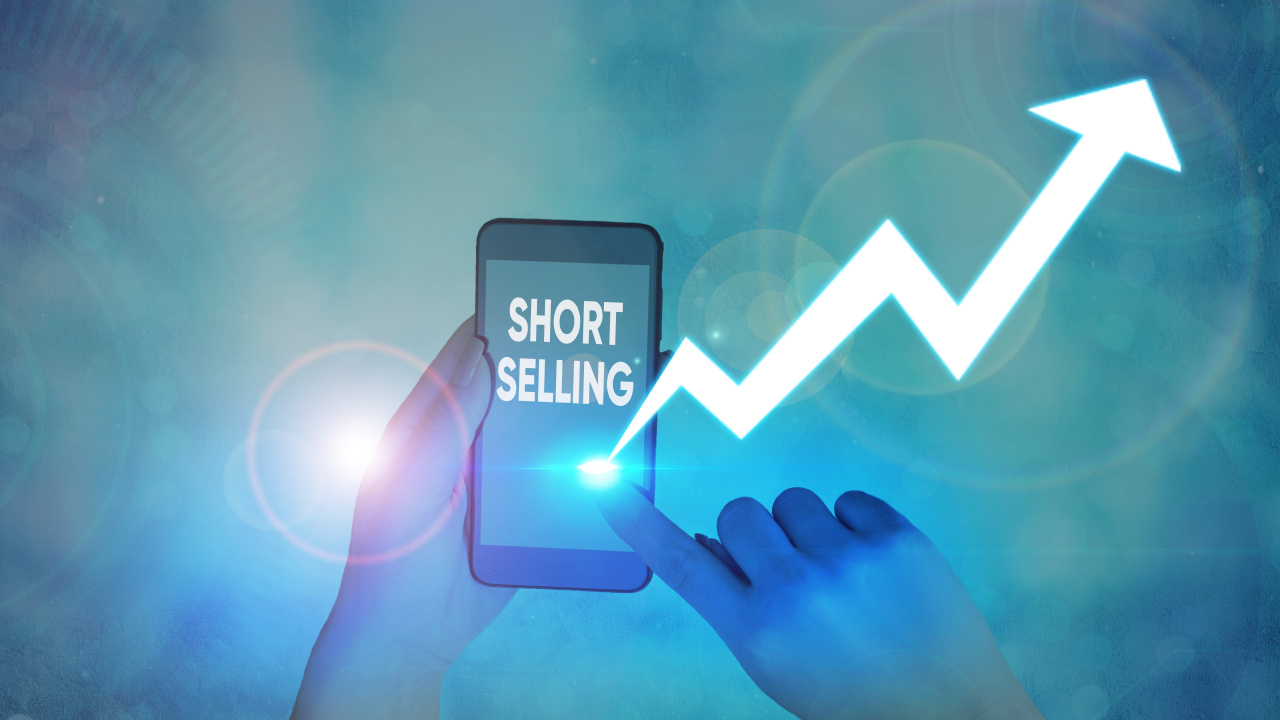 |
(123rf) |
South Korea is set to partially lift a 14-month ban on short selling, the longest such ban in the world, on Monday, but on one condition -- obligating investors new to the trading strategy to take a half-hour online class and try simulated investments.
The mini-lecture provided by the Korea Financial Investment Association informs would-be investors of the difference between a naked short and a covered short. It highlights that investors have limited returns from short sales but theoretically no limit to their losses.
Naked short selling refers to the illegal practice of trading strategy on a tradable asset without first borrowing the security or ensuring that the security can be borrowed. On the contrary, covered short selling is either by equity firms financed by a lender exclusively for them or by individuals who have borrowed stocks from securities firms.
The lecture contains several warnings then leads to a short selling simulation game on the Korea Exchange’s home trading system.
Each participant is given 100 million won ($90,000) in virtual money deposited to a virtual account. After reviewing a local brokerage’s report on short selling and checking the latest short ratio with the balance of stock lending, The Korea Herald tried short sales on four stocks -- BNK Financial Group, Samsung Electronics, Samsung Heavy Industries and Celltrion -- for an hour. The simulation started with a rather scary warning: “Investors may lose all their investment funds from short selling activities.”
In the first 15 minutes, the realized profit rate logged minus 0.11 percent as stock prices fell in the simulation linked to the actual Kospi market, but ended with a0.68 percent profit in an hour. This was a long way off the highest profit rate among those using the simulation. One participant logged a return of 144.36 percent, according to the KRX platform data.
 |
Potential retails can experience short selling simulation games via Korea Exchange's platform. (Screen capture of KRX's simulated home trading system) |
The program that added elements of both fun and fear was devised by financial authorities still anxious about the restart.
South Korea is probably the only place in the world where such an educational program is required for new short sales investors. Officials say no matter how advanced the market has become, it is necessary for local retail investors who fear losing their money to sophisticated investors from overseas and institutions in the battle of short selling.
“Although major nations’ authorities do not enforce retail investors to complete such requirements, it is necessary in the Korean market. Amid the participation of an increasing number of retail investors’ in the local stock market, the orientation and simulated trading is to give them notice of possible risks and prevent illegal short selling activities in advance,” a Financial Services Commission official said.
As an “inexperienced” short selling newbie, however, I thought the 30-minute lecture seemed insufficient to provide a comprehensive overview of the trading strategy that carries high risks.
While explaining the positive and negative functions of short selling, the class talks about stories of Nasdaq-delisted firm Luckin Coffee and the “Korean version of GameStop,” Woopoong Mutual Savings and Finance, as two examples.
Amid strong criticism from retail investors on the regulations, the class says that “financial authorities and the Korea Exchange have continuously reinforced regulations and short selling activities on the local indexes have been regulated more strictly, compared with other key stock indexes overseas.”
Different loan transaction regulations being applied to foreign and institutional investors may seem advantageous to small investors, but that is not true, according to the lecture.
Speaking on condition of anonymity, a local market researcher said that considering the fairness in market participants, authorities had no other option than allowing retail investors’ short selling activities to start at this time.
“Since the risk (of short selling activities) is too high, the authorities had to prepare a ‘minimum shield’ of providing such education in advance. ... But the orientation and virtual trading experience can be also viewed as teaching how to play poker at a casino (for some people),” the expert said.
Investors in South Korea will be able to short sell 200 stocks listed on the nation’s main bourse Kospi and 150 stocks on the tech-heavy Kosdaq from next week as part of partial reactivation of short selling on the biggest stocks.
By Jie Ye-eun (
yeeun@heraldcorp.com)





![[Weekender] Korea's traditional sauce culture gains global recognition](http://res.heraldm.com/phpwas/restmb_idxmake.php?idx=644&simg=/content/image/2024/11/21/20241121050153_0.jpg)



